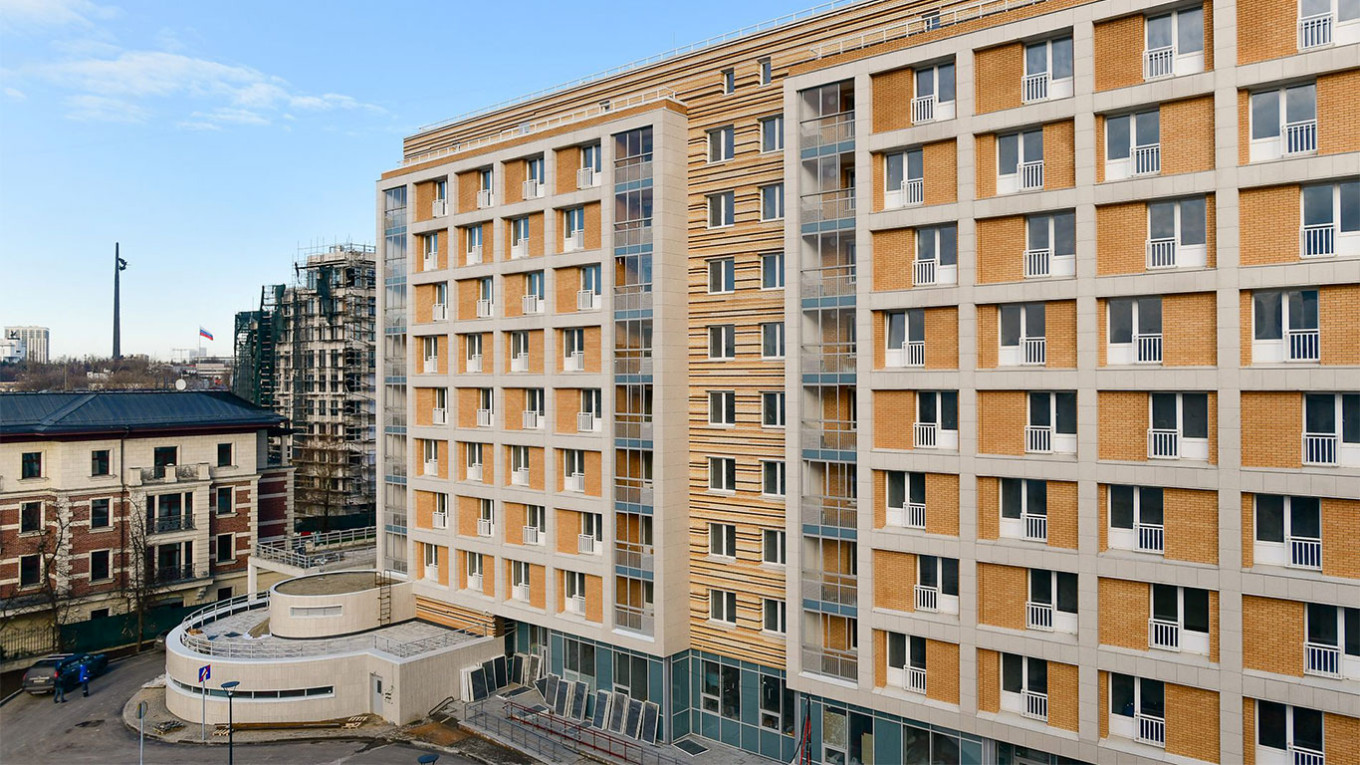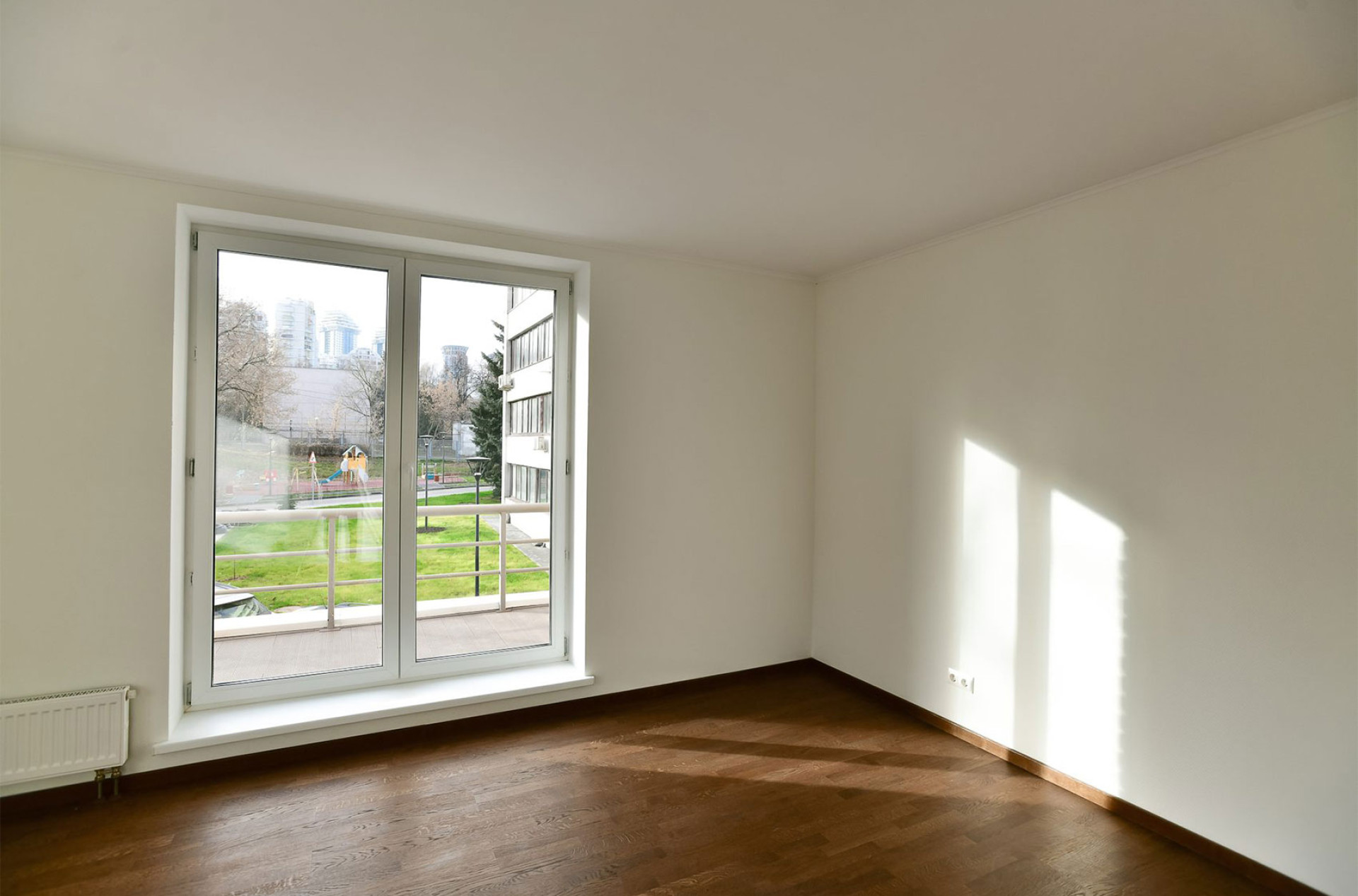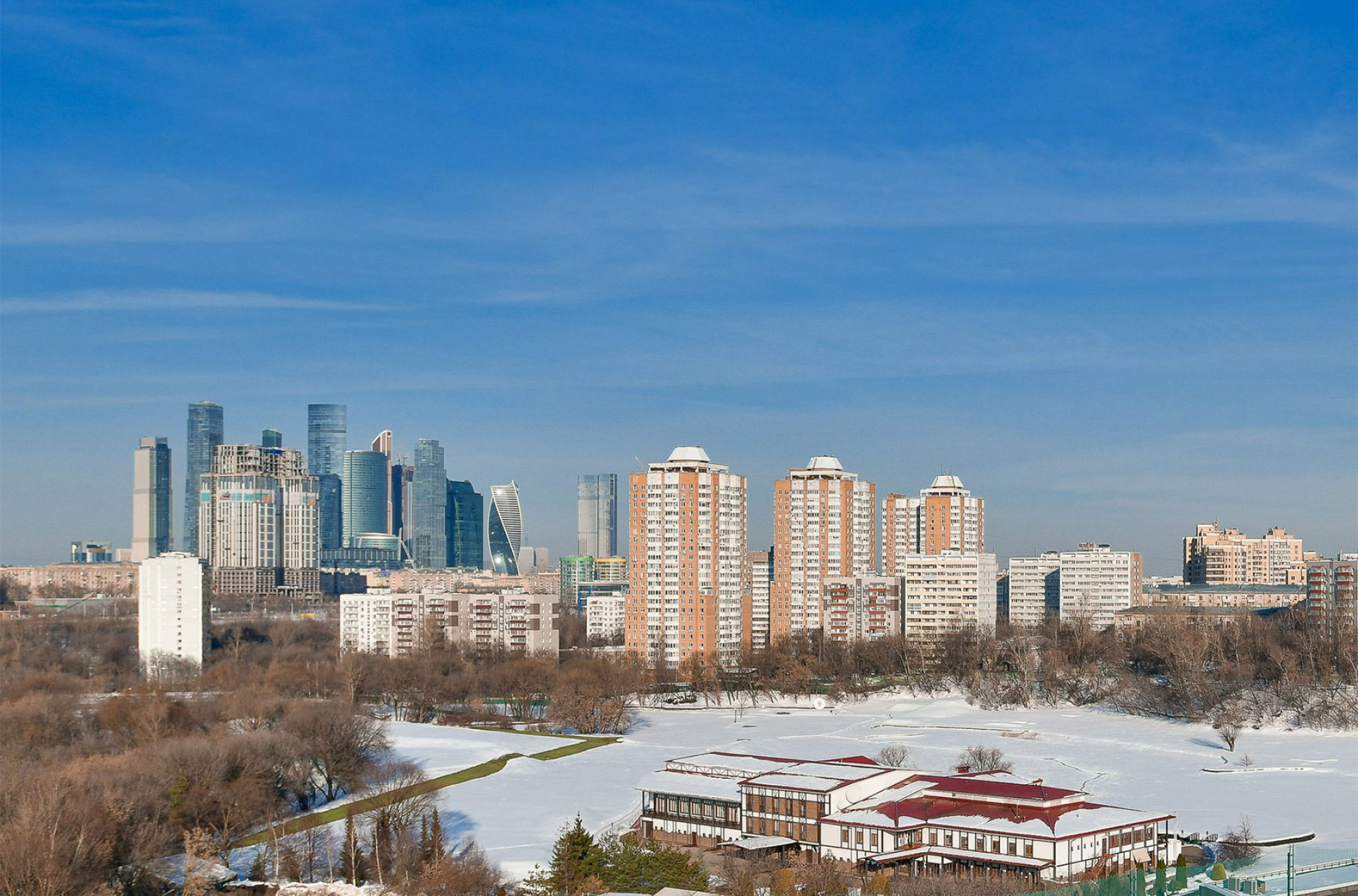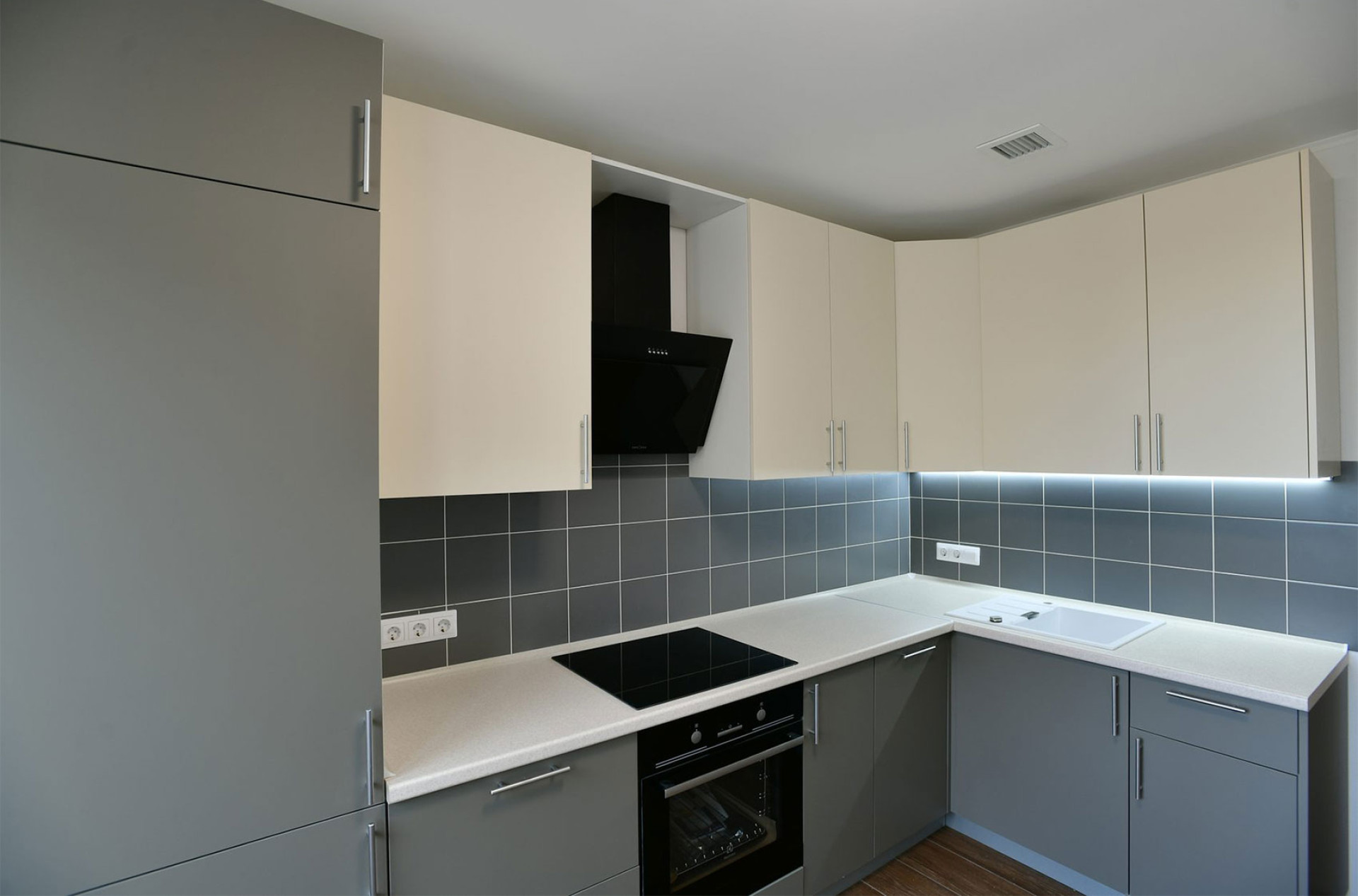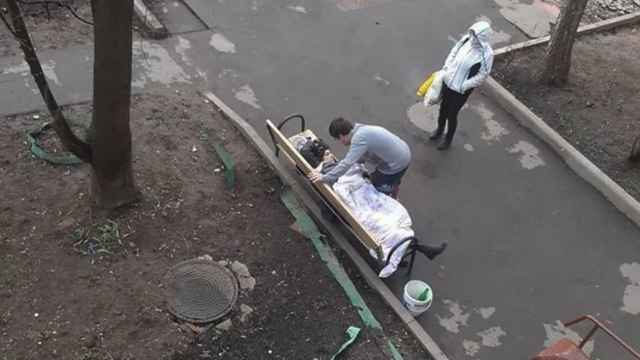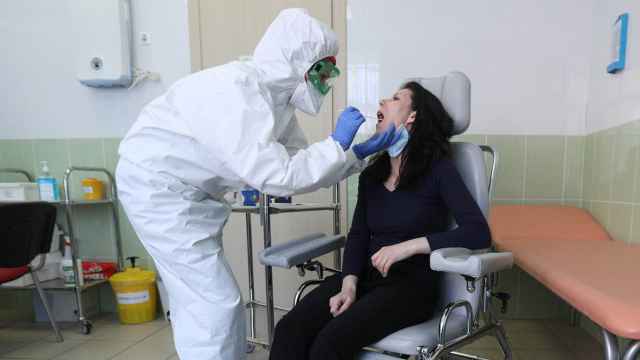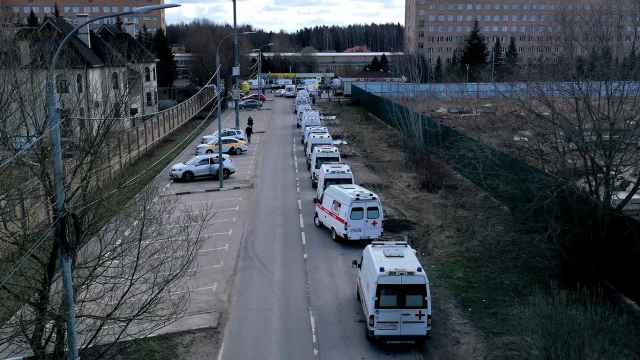Moscow has constructed a housing complex for foreign diplomats and journalists, state media reported Monday, in a move reminiscent of the Soviet practice of assigning living and working quarters for expats.
The project sprang up as Russia finds itself internationally isolated and under unprecedented Western sanctions for launching a full-scale invasion of neighboring Ukraine last year.
“This complex is designed as a priority to accommodate employees of diplomatic missions, international organizations, consular offices and foreign media correspondents,” GlavUpDK, the company that services foreign diplomatic and corporate offices, told the state-run RIA Novosti news agency.
The nine-story building is located in southwestern Moscow’s so-called embassy row, according to GlavUpDK, a commercial subsidiary of the Russian Foreign Ministry.
“The building has apartments and offices for rent [with] three-level underground parking,” GlavUpDK said, adding that plans are also underway to open a kindergarten.
The company said the 112-apartment complex on Mosfilmovskaya Ulitsa was styled after two similar diplomatic compounds in central and northwestern Moscow.
GlavUpDK, which stands for the Main Administration for Service to the Diplomatic Corps, said the complex neared completion in March 2022 and received official authorization in late December.
Photos of the project showed its windows overlooking the cluster of skyscrapers in western Moscow’s sprawling financial district.
In the Soviet era, journalists and diplomats from capitalist countries were assigned living and working quarters at a Stalin-era apartment building on Sadovaya-Samotechnaya Ulitsa.
Expats commonly referred to the heavily surveilled luxury apartment building, which is still overseen by GlavUpDK, as “Sad Sam.”
A Message from The Moscow Times:
Dear readers,
We are facing unprecedented challenges. Russia's Prosecutor General's Office has designated The Moscow Times as an "undesirable" organization, criminalizing our work and putting our staff at risk of prosecution. This follows our earlier unjust labeling as a "foreign agent."
These actions are direct attempts to silence independent journalism in Russia. The authorities claim our work "discredits the decisions of the Russian leadership." We see things differently: we strive to provide accurate, unbiased reporting on Russia.
We, the journalists of The Moscow Times, refuse to be silenced. But to continue our work, we need your help.
Your support, no matter how small, makes a world of difference. If you can, please support us monthly starting from just $2. It's quick to set up, and every contribution makes a significant impact.
By supporting The Moscow Times, you're defending open, independent journalism in the face of repression. Thank you for standing with us.
Remind me later.


